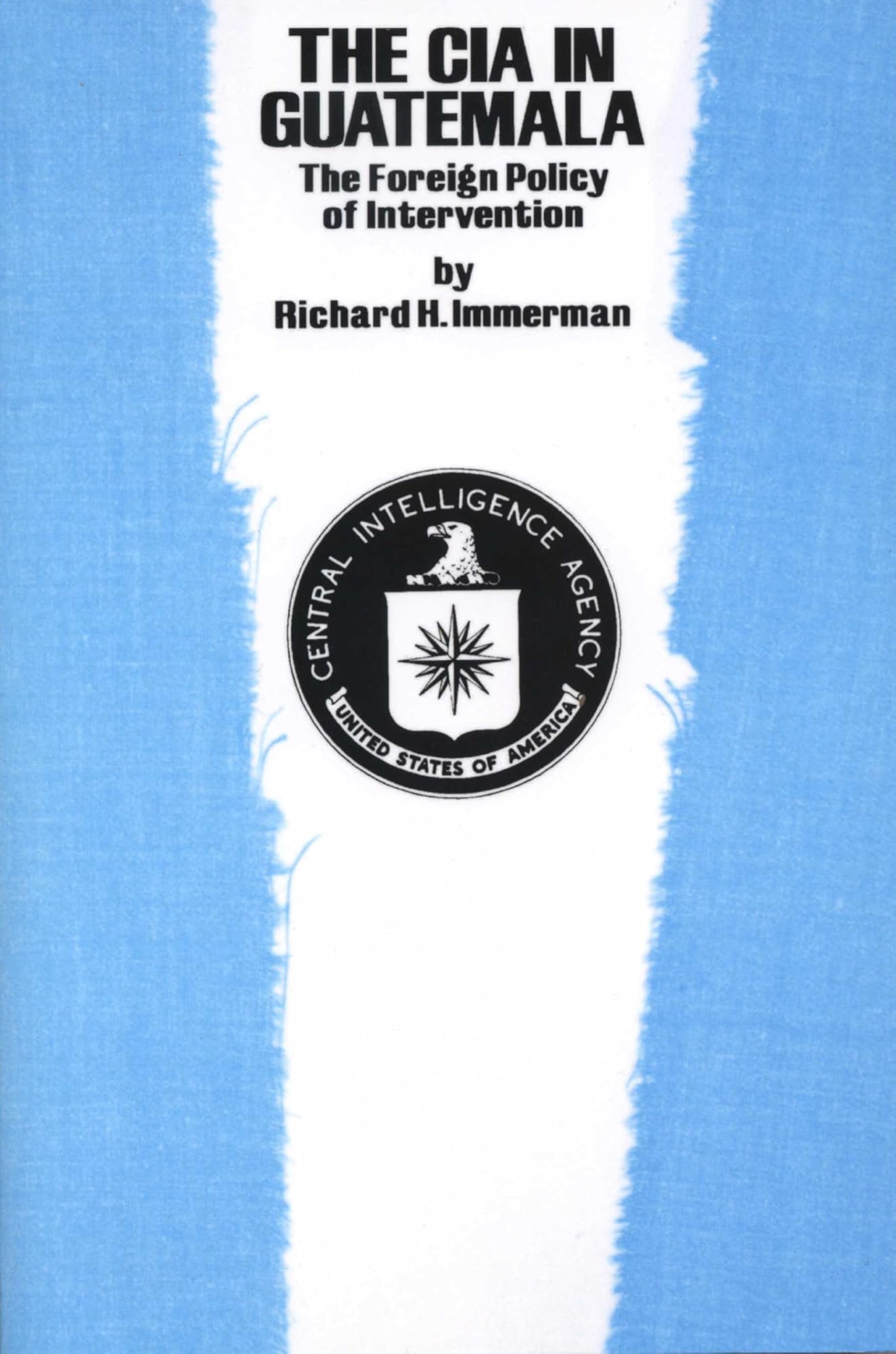
The CIA in Guatemala

The foreign elements in Guatemala were far more concerned with the external market than the internal one; thus, as time went on, United Fruit and others devoted increasingly more land to export crops, such as coffee and bananas. By the time of the revolution, these two commodities constituted close to 90 percent of Guatemala’s entire agricultural
... See moreRichard H. Immerman • The CIA in Guatemala
blackout. In the dark, the few hovering planes gave the impression of a squadron.
Richard H. Immerman • The CIA in Guatemala
This page is the description of what I can build toward with Ethan & Jennifer.
He assumed that these investments were threatened by the Soviet Union, whose agents throughout the world encouraged unwitting nationalists to expropriate property and generally create economic climates detrimental to United States interests. Since a basic tenet of the Eisenhower administration was that security was inextricably linked to economic
... See moreRichard H. Immerman • The CIA in Guatemala
What happened in the next ten days, however, was anything but a glorious military triumph. Castillo Armas had hoped to be met by throngs of Guatemalans, eager to lend their services to his patriotic cause. In fact he met no one. His forces too weak to approach the center of Arbenz’s power, the colonel opted to camp just six miles across the border,
... See moreRichard H. Immerman • The CIA in Guatemala
United States policy makers discerned but a fine line separating nationalist reformers from Communist agitators,
Richard H. Immerman • The CIA in Guatemala
For Ubico democracy was an unaffordable luxury. He felt that the people could too easily be swayed by radical agitators; he trusted only the army, wealthy indigenous landowners, and foreign corporations.
Richard H. Immerman • The CIA in Guatemala
In 1934, in power but three years, Ubico dispelled any doubts as to his determination by ordering the arrest of scores of students, workers, and prominent citizens, charging them with conspiring against his government. Many of these were seized in their homes and summarily killed on the spot. Others confessed after being tortured in prisons, and
... See moreRichard H. Immerman • The CIA in Guatemala
Ingratiating landlords, assembling their Indian laborers days in advance of his arrival, frequently greeted him with noisy celebrations. At each village Ubico would pause long enough to adjudicate intricate legal cases, fire judges, reverse decisions, release certain prisoners, and sentence others to jail. He believed nothing was beyond his
... See moreRichard H. Immerman • The CIA in Guatemala
The social ideal is the conformist, not the innovator; the controlled individual, not the power seeker. Historically, the Maya held land primarily on a communal basis, with individual holdings based on land use rather than ownership. These traditions survived the policies of the Spanish conquistadors and the caudillos and were considered in the
... See more